The month of December is, as it does every year, flying quickly past. It seems like we just put away the Thanksgiving leftovers, and now Christmas is less than two weeks away. We all want the holiday season to feel festive and light, to enjoy time with family and friends, and to make sure our children feel loved even more than usual. But the reality of this time of year is that there is SO MUCH going on. There are themed dress-up days for kids at school, end-of-year concerts, class and office parties, gifts to buy for neighbors, and teachers, and friends, and family. There are worthy causes that support the less-fortunate, meals to plan, and memories to be made. If you’re feeling rushed off your feet to the point that the holidays don’t seem so festive, you are not alone. This rushed busyness is a huge part of why people often struggle with their mental health at the start of a new year. There’s been so much going on, we often forget to focus on what is important. Whether you want to refocus right now for this holiday season, or you’re looking ahead to future holidays, there are things you can do to minimize stress and maximize the impact of the activities you choose this time of year.
Ahead of time:
Be clear in your family’s priorities for the holiday season. Talk with your partner about what is most important to your family in regards to the holidays. Do you want to make sure to get family Christmas cards out, so relatives and friends who live far away can get an update on your lives? Is it important to you to give back to your community? Do you want your family’s focus to be on faith aspects of the holidays? Is it important to spend a certain amount of time together as a nuclear family? By answering these types of questions, you can start to figure out which events and functions are most important to you as you plan around the holidays.
Make a clear plan for non-negotiable events. As invitations and dates start to roll in, you’ll likely realize that you won’t be able to be everywhere at once. Communicate clearly with your family which events will be attended by whom and what dates are most important. For example, if one child has a gymnastics Christmas party on the same night as the other kid’s band concert, plan which parent will attend which event ahead of time. It may not be perfect, but you can have an idea of what to do, rather than panicking at the last second.
Make a list of non-family members that you plan to buy gifts for and include a price point. This will allow you to be generous to those that are most important in your life while also not stressing over forgetting someone or the cost. If you plan this ahead of the holidays, hopefully you’ll have fewer little last minute surprises! *Pro-tip: We all have occasions pop up where we need to buy a gift we weren’t expecting. We’re invited to a party and need a hostess gift or a neighbor buys us something, and we don’t want to be rude. Keep a small stash that you can purchase throughout the year of “good for anyone gifts” like your favorite hand lotion or other personal care items that can be added to a small gift card for an easy present!
Think about what family traditions are most important to your family and schedule those into the holidays. Growing up, we always spent the Friday after Thanksgiving at home, eating lasagna, decorating the Christmas tree, and watching a holiday movie. Maybe you love to take your kids to Northpark to see Santa or you love attending the Rockwall tree lighting or your church’s candlelight service. Put those events on the calendar ahead of time, so they’re prioritized for everyone!
Feeling rushed now?
You can still prioritize the current holiday season and refocus today.
Be present in the quiet moments. Whenever you are with loved ones, make the conscious effort to put your phone down, and be with the people around you. It’s amazing what simply disconnecting from technology can do for your mood and attitude during a stressful season.
Remember that “No, thank you,” is a complete sentence. You don’t HAVE to say yes to every invitation. It’s perfectly fine to decline to attend a gathering if it’s only going to make you more stressed, stretched more thin, spend too much money, or take time away from what you want to prioritize. You don’t owe anyone a long explanation of why or an elaborate excuse. You can still be polite and say “Thank you so much for including us. We just won’t be able to make it.”
Take time to reflect on why the holidays are important to you. Whether you are a person of faith celebrating a religious holiday or this time of year is important to you as a time to focus on giving to others and spending time with family, refocusing on your “why” can be impactful in dealing with the extra events and planning around the holidays. Take a few minutes to make a list of what you enjoy about the holidays and why this time of year is special. It can truly help in feeling more at peace and less hurried.
At Rockwall Counseling and Wellness, we truly understand that this time of year can be especially stressful, and we want to help you feel joy and be at peace during the holidays. If you’re struggling with any mental health issues, related to the holidays or not, please connect with us. We would be honored to help you!
Written by Emily Taylor, Contributing Writer





